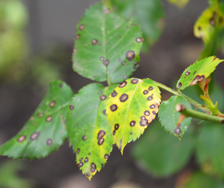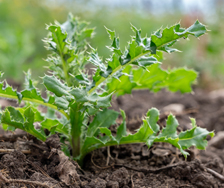Yates Account
Join now
Create a Yates account today!
Sign up to join the Yates Garden Club for monthly e-mails packed with seasonal inspiration, tips for success & exclusive promotions.
Plus if you’re a Garden Club member you can take part in the Yates Growing Community - a blog to share successes, get advice & win prizes in fun challenges along the way!

Forgot password
Enter the email address associated with your account, and we'll email you a new password.

Follow these tips to save water in your garden:
● Group your plants according to their water needs. Put the plants that need the most water together in one part of the garden. If you have just one plant with high water requirements in a garden bed, it will mean that all the other plants in that bed will receive more water than they need.
● Give your plants the best chance of surviving dry periods: don’t be tempted to grow plants that prefer shade in full sun. A vulnerable shrub in a hot, dry position will need much more watering to keep it in good condition.
● Fertilise your plants using soluble or liquid fertiliser. Dry fertilisers take water from the soil but liquid fertilisers like Yates Thrive Natural Fish & Seaweed+ Plant Food Concentrate will encourage plant growth without raising salt levels in the soil.
● Control weeds in the garden. Weeds are great competitors and they will fight with your garden plants for every precious drop. Use a glyphosate-based herbicide, such as Yates Zero Rapid 1-Hour Action Weedkiller Ready to Use, which won’t affect the soil. Make sure that the herbicide doesn’t contact your garden plants.
● Reduce lawn areas. Lawns can consume more water than many other parts of the garden. Instead of lawn, a water-saving garden could use paving, pebbles, or drought-tolerant ground covers such as grevilleas, myoporum, gold guinea plant (Hibbertia scandens) or succulents.
● Train your lawn in good water habits, in the same way as you would train your other garden plants. Once the lawn is well established, give long soakings rather than short, light waterings. This will encourage a deeper, more hardy root system.
● During very dry periods let the lawn die off completely – it is easier to replace lawn than trees and shrubs when the rain eventually falls again. When mowing, leave the grass longer than normal. Longer grass means a deeper root system, and the long blades shade the soil, which also helps keeps the soil temperature down.















Share
Share this article on social media